Procurement 101: Your Essential Guide to Strategic Sourcing
World of Procurement blog
MAY 8, 2024
Procurement differs from purchasing in a few key ways: Strategic focus : Procurement has a strategic, long-term focus on analyzing spend, reducing costs, managing supplier relationships, and mitigating risk. Purchasing is more transactional and tactical. Purchasing focuses specifically on the buying transaction.

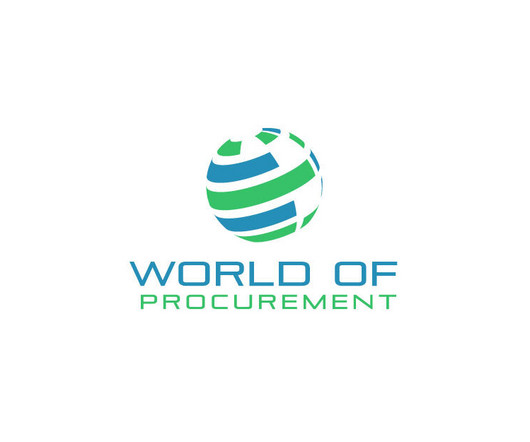
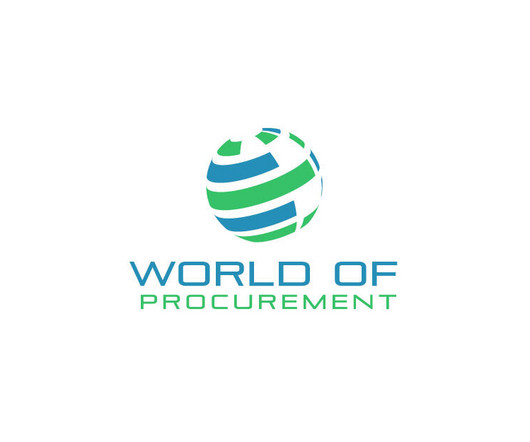




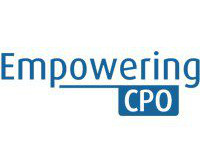
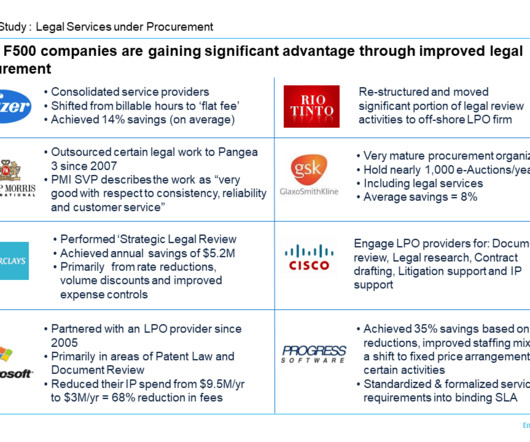
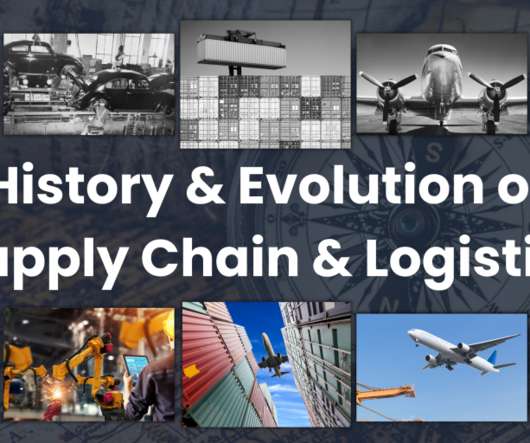



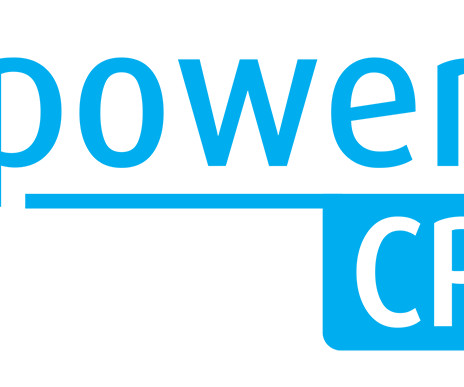

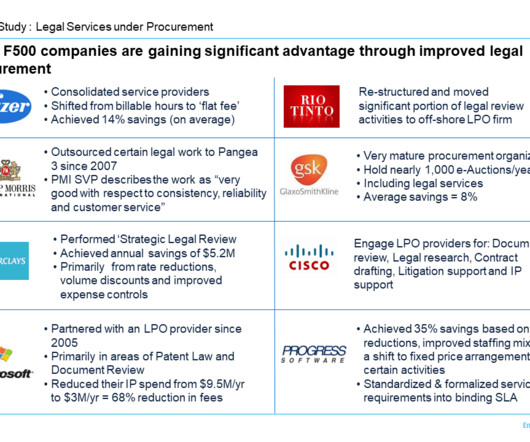







Let's personalize your content